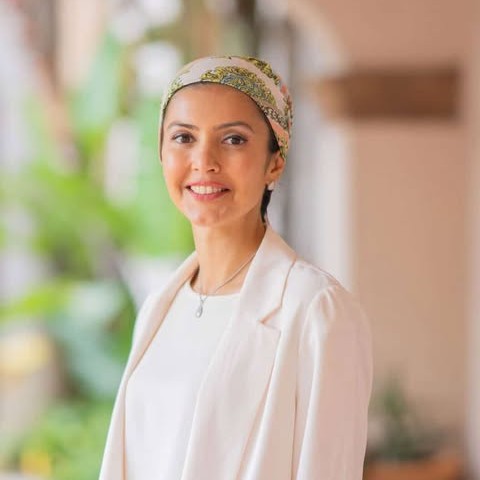
Dr. Sadikah Behbehani
Dr. Sadikah Behbehani, Endometriosis Specialist
City: Costa Mesa, California
Philosophy of Endometriosis Care: It doesn’t matter where it came from; what matters is that it’s removed. Endometriosis, like cancer, can spread via multiple channels. Also, pleuripotent stem cells in the pleura and peritoneum can lead to its development. Most endometriosis patients are born with these cells that differentiate into endometriosis with hormone stimulation. It’s nothing that women did that led to their development. We have to understand embryologic origin to understand endometriosis growth because endometriosis can be associated with congenital anomalies in the genitourinary and reproductive organs.
What type of surgery do you perform for endometriosis: I perform endometriosis excision surgery to remove the endo from its roots, but I also focus on preserving fertility. I remove endometriosis from around the fallopian tubes and ovaries routinely. My surgical strategies focus on minimizing damage to the ovaries to help preserve ovarian reserve and help with future fertility. I also perform tubal surgery when necessary. It’s important to appropriately excise the disease while minimizing damage to reproductive organs. I also excise endometriosis from the bowel, bladder, and diaphragm and perform an appendectomy when necessary.
Medication: I only recommend medication after surgery after we’ve ensured that all endometriosis has been appropriately excised. For bladder or muscular spasms, I prescribe cyclobenzaprine. For nerve pain, I prescribe gabapentin. I have a good referral team and, when necessary, will refer to pain management to take care of residual pain from endometriosis nerve, and muscle damage. I never prescribe narcotics, and I don’t send my patients to anyone who will.
Approach to Persistent Pain After Surgery: I work with them until their pain reaches a tolerable level. I refer them to specialists as needed (pain management, GI, PT), but I continue to oversee their treatment plan with visits q3-6 months.
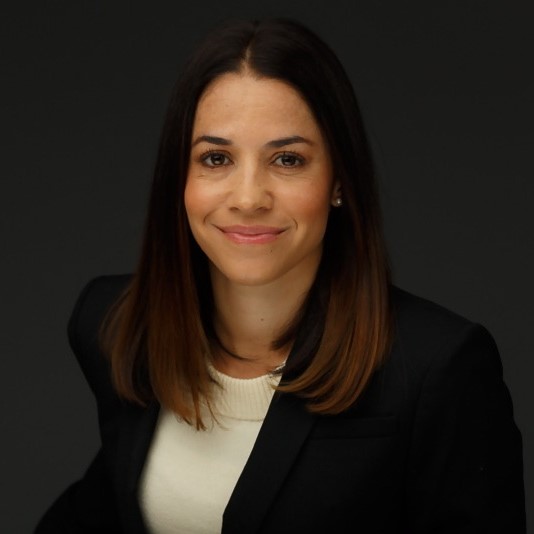
Ana Arteaga-Biggs, PsyD
Ana Arteaga-Biggs, PsyD
City: San Diego, CA
Visit types: Office/Hospital; Virtual
Spoken languages: English and Spanish (native fluency)
Interpreting services for other languages: No
Philosophy of Endometriosis Care: My treatment approach is integrative, most heavily influenced by evidence-based, person-centered, cognitive behavioral, and humanistic-existential theories. I address unique cultural experiences and various psychological systems that may be contributing to your presenting concerns through an intersectional lens. I approach each patient with endometriosis as an individual with their own unique experiences and needs. I remain empathic, open, and curious to understand all the areas of life endometriosis has impacted their lives to help each patient identify their goals for treatment. I use evidence-based techniques to manage pain, address grief and trauma resulting from seeking a diagnosis, and medical treatment, and navigate work/ relationship difficulties from living with this painful disease.

Sarah Rae, RDN, CD, CLC
Sarah Rae, RDN, CD, CLC
Visit Type: Virtual
City: Seattle, WA
Spoken languages: English
Interpreting services for other languages: No
I’m a registered dietitian who specializes in endometriosis symptom management and fertility nutrition. My passion is helping people with endometriosis find freedom with food so that they can improve their symptoms to live their best lives. I help patients discover what foods trigger or improve their symptoms, lifestyle interventions that reduce stress and improve quality of life, and how to navigate evidence-based approaches for endometriosis management. I also help patients struggling with weight changes (weight gain or loss) through non-restrictive nutrition interventions practiced in intuitive eating.
The right diet can’t cure endometriosis, but it can help improve symptoms. Diet can improve bowel-related symptoms such as bloating, constipation, and diarrhea. It can also help patients who have symptoms of SIBO. Working with a dietitian can help people who are navigating a trial of a gluten-free or low-FODMAP diet and help determine if those restrictions are helping them. The research points to an anti-inflammatory diet, rich in omega-3s and low in trans-fats and inflammatory foods, as the best approach for improving endometriosis symptoms.
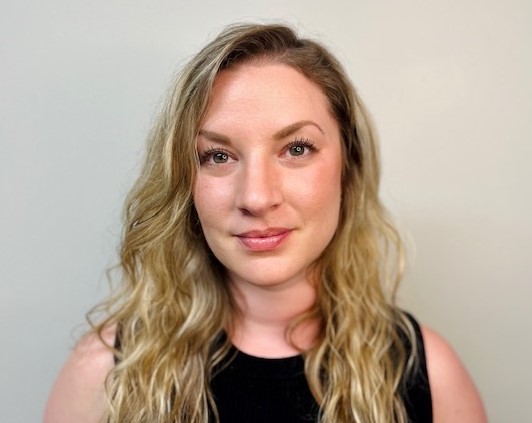
Erica Nikolaidis, PT, DPT
Erica Nikolaidis, PT, DPT
City: Fairfax, VA
Visit types: Office/Hospital
Spoken languages: English
Interpreting services for other languages: No
Philosophy of Endometriosis Care: As a practitioner, I value a whole-body approach when it comes to caring for a patient with endometriosis. I utilize several treatment strategies including yoga movements, breathing techniques, dry needling, visceral manipulation, and other soft tissue techniques. I find that internal assessment and treatment of pelvic floor musculature can make a great difference with people experiencing pelvic, lower back, or abdominal pain due to endometriosis. I also prioritize postural and overall biomechanical movement correction as a part of the treatment plan.
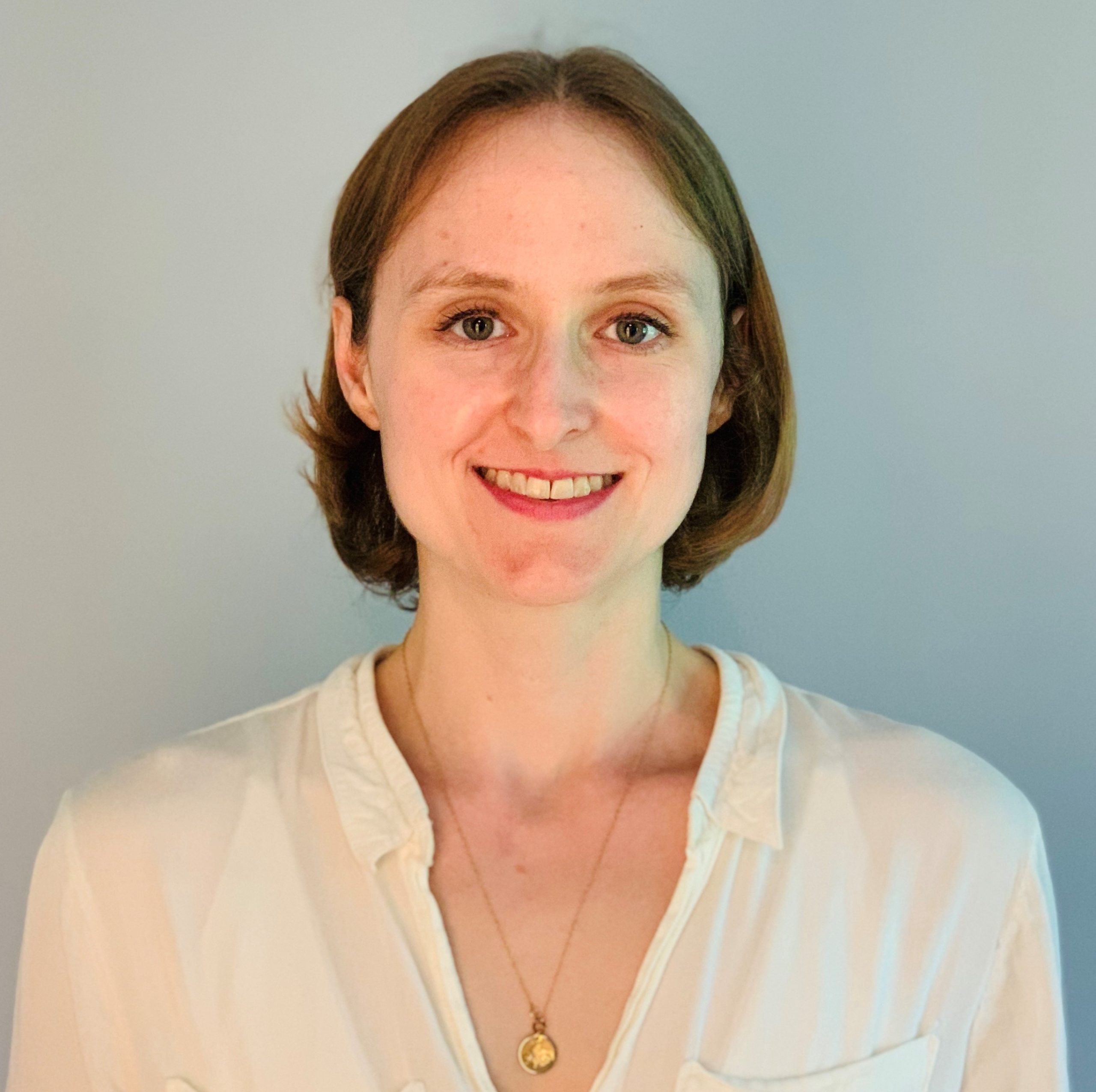
Maggie Abrams, PT, DPT
Maggie Abrams, PT, DPT
City: Dublin, OH
Visit types: Virtual
Spoken languages: English
Interpreting services for other languages: No
Philosophy of Endometriosis Care: I empower clients to use organ massage (visceral mobilization) to help them manage their symptoms and maintain organ mobility.

Mallorie Hopkins, PT, DPT
Mallorie Hopkins, PT, DPT
City: Costa Mesa, CA
Visit types: Office/Hospital; Virtual
Spoken languages: English
Interpreting services for other languages: No
Philosophy of Endometriosis Care:
I support endometriosis through an integrative perspective blending traditional physical therapy practices with holistic approaches. During my treatments I offer menstrual cycle coaching, pain reprocessing therapy, hormone and nutrition coaching, herbalism support, as well as visceral mobilization, myofascial release, breathwork, yoga/exercise, and nervous system regulation strategies. With my unique blend of skills, I strive to empower you, to reclaim and rediscover the inherent strength and innate capability of healing that already lies within yourself.
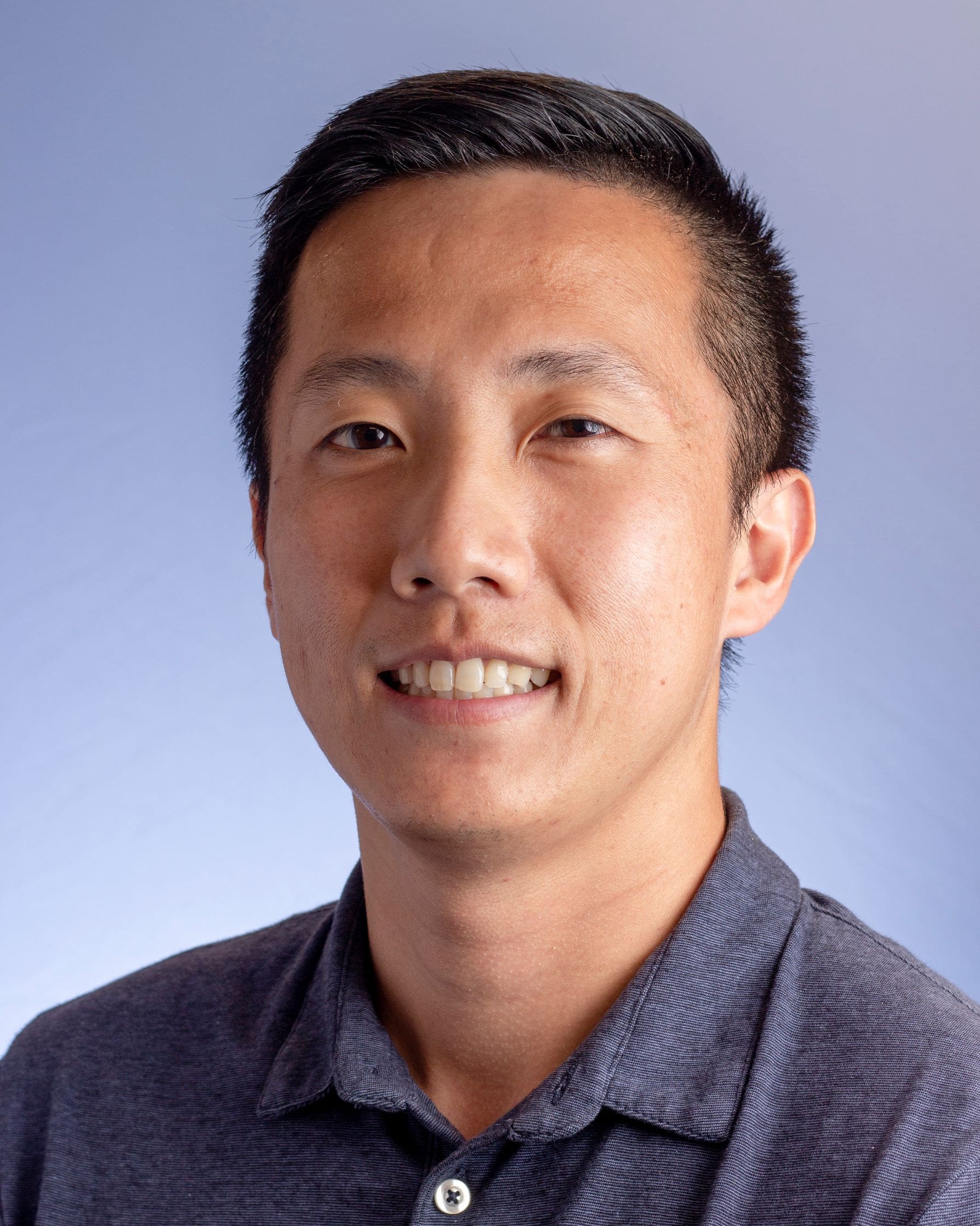
Dr. Joseph Chen
Dr. Joseph Chen
Dr Joe Chen – Gynecology & Minimal Invasive Surgery, Endometriosis Specialist.
Summary: Dr Joseph Chen, also known as Dr Joe Chen or Chen Joseph, is a skilled endometriosis specialist in Oakland, California, offering expert care for patients dealing with this complex condition. With a deep understanding of extra-pelvic endometriosis, Joseph Chen MD believes in addressing multiple theories of endometriosis origins, including retrograde menstruation, colemic transformation, and lymphatic dysregulation. His holistic approach to treatment includes excisional surgery in Omaha, NE, along with systemic and localized progestin suppression to manage symptoms and prevent recurrence.
Dr Joe Chen also ensures comprehensive care by screening for additional pain triggers such as neuropathic pain, IBS, and pelvic floor dysfunction. His approach to persistent pain after surgery involves careful reevaluation and collaboration with the patient to decide whether further excision surgery is necessary. With his expertise and personalized care, Dr Joseph Chen strives to improve his patients’ quality of life and fertility outcomes.
City: Oakland, California
Philosophy: As a provider who sees and addresses extra-pelvic endometriosis on a consistent basis, I am a believer that many of the origin theories, including retrograde menstruation, Mullerian and colemic transformation, as well as dysregulation of lymphatic transportation, are all relevant causes for this chronic condition. We know that premenstrual, postmenopausal, and non-female cases of endometriosis do occur, and thus, we need to be cognizant of the challenges regarding the current understanding of this disease.
Medication: I will routinely use progestin components for systemic suppression, as well as localized progestin protection for pain control. I routinely encourage patients to consider the use of systemic progestin suppression to prevent recurrence following excisional surgery – an approach that I have seen tremendous success in.
Approach to Persistent Pain After Surgery: Similar to my presurgical approach, I will often reevaluate to determine if the other pain triggers following surgery have been addressed. With patients who desire future fertility, repeating imaging and further systemic suppression are important to prevent worsening symptoms. With careful counseling and detailed discussion about the risks, benefits, and alternatives for reoperation, can we consider repeating the excision surgery.
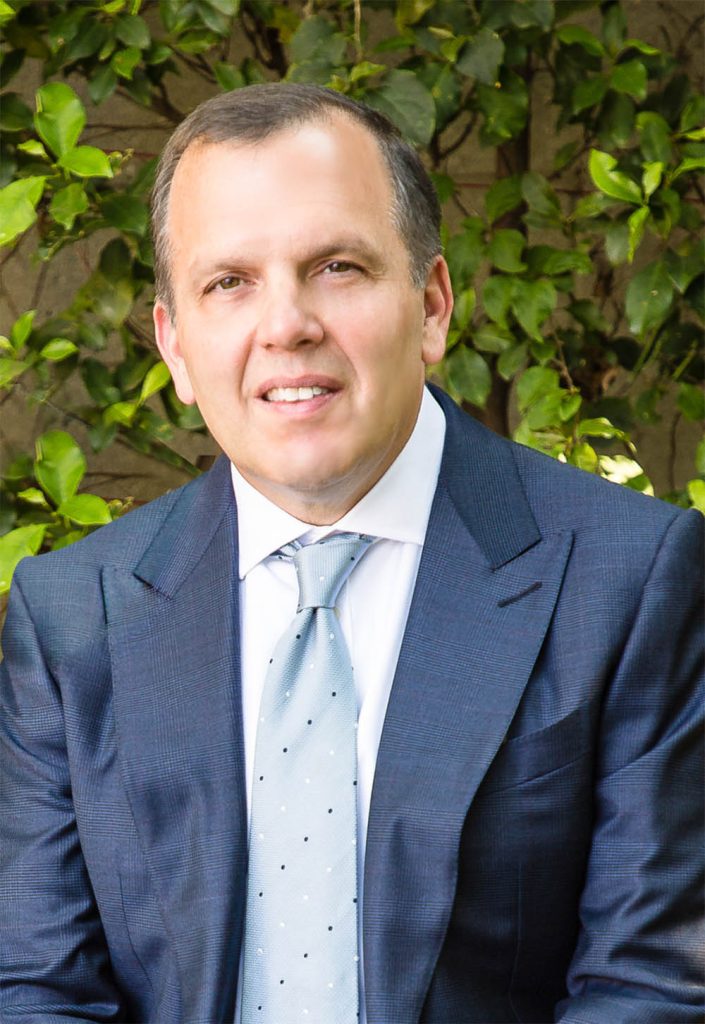
Dr. Laurence Orbuch
Laurence Orbuch, M.D., FABOG
Dr Laurence Orbuch – Endometriosis Specialist, Gynecologist
Summary: Dr Laurence Orbuch is a highly respected endometriosis specialist in Los Angeles, known for his comprehensive and compassionate approach to care. Patients seeking expert treatment often turn to Dr Orbuch for his deep understanding of the complex, multifactorial nature of endometriosis. As Dr Laurence Orbuch explains, the condition is influenced by genetic, environmental, and autoimmune factors, requiring a personalized, whole-body approach to healing.
At his Los Angeles practice, Dr Orbuch specializes in excision surgery and works closely with pain management specialists to develop tailored treatment plans. These may include anti-inflammatory medications, neuromodulators, vaginal suppositories, and trigger point injections. His approach extends beyond surgery, addressing coexisting conditions like pelvic floor dysfunction, GI issues, and mental health. With years of experience, Dr Laurence Orbuch offers thoughtful, evidence-based care that empowers patients to improve their quality of life with confidence and clarity.
City: Los Angeles, California
Philosophy: I believe that the origins of endometriosis lie in the metaplasia theory and can also be influenced by genetic predisposition and environmental factors, and toxins, which can promote its evolution. Endometriosis is also an inflammatory condition, with autoimmune elements as well, which predisposes these patients to sensitivity to other inflammatory triggers. It is therefore important to counsel these patients on how to improve their environment in regards to the foods they eat, products they use, and habits that can better serve them. My approach to treating these individuals encompasses a holistic evaluation and streamlining of all aspects of their health and daily life.
What type of surgery do you perform for endometriosis?:
Excision
Medication: I utilize anti-inflammatory medications such as ibuprofen and Celebrex, as well as neuromodulators, pregabalin, and gabapentin. I also recommend compounded vaginal suppositories containing Valium, Baclofen, and Lidocaine. In addition, some patients also benefit from trigger point nerve injections. The use of any and all medications is carefully tailored and managed by the pain management physicians I work closely with.
Approach to Persistent Pain After Surgery: Treatment of all co-existing pain generators must be focused both pre- and post-surgery. Treating the chronic centralized pain, tight pelvic floor muscles, GI and Urologic issues, coexisting autoimmune and other conditions, nutrition, mental health conditions, counseling, etc.
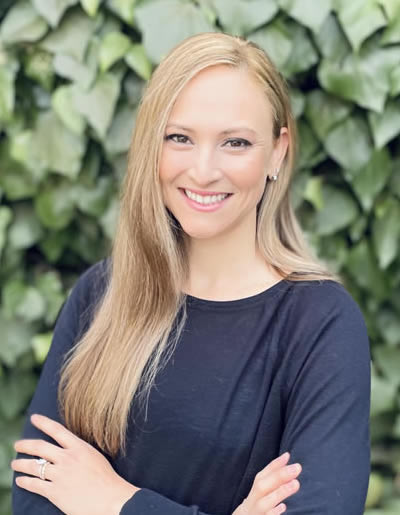
Kasia Gondek, PT. DPT, CSCS
Visit types: Office/Hospital;Virtual
Spoken languages: English
Interpreting services for other languages: Yes
What you should know about me:
| I provide a customized, whole-person approach to care. I incorporate myofascial release, soft tissue mobilization, joint mobilization, visceral mobilization, yoga, mindfulness, therapeutic exercises and muscle re-education to promote healing, reduce pain, and improve the quality of life of my patients. When appropriate, I use therapeutic modalities to improve blood flow, optimize healing, and manage pain. These modalities include but aren’t limited to: infrared-red light therapy, SoftWave Shockwave therapy, biofeedback, ultrasound, cupping, kinesiotaping, and vasopneumatic compression. Additionally, I work in an multidisciplinary manner, collaborating with patient’s surgeons/ physicians/ nurse practitioners and other healthcare team members to optimize my patient’s outcomes. |
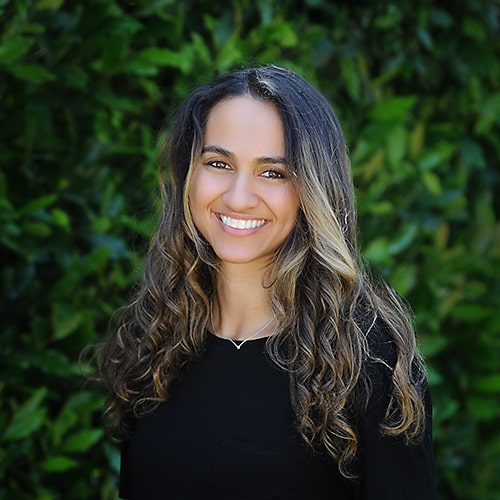
Sarina Karwande, PT, DPT
Visit types: Office/Hospital;At home
Spoken languages: English
Interpreting services for other languages: Yes
What you should know about me: I take pride in treating patients with endometriosis of all ages. I specialize in the pediatric population and have created effective and fun strategies to encourage nervous system downregulation, improve body awareness, and use essential breathing techniques often unknown to the younger patients. I supplement my treatments with the use of manual and mobilization techniques to further enhance muscle length and tension relationships and decrease pain. Treatment sessions are always 1:1 and unique to each individual. Patients often leave feeling supported, comforted, and encouraged to start their healing journey with their providers’ support. I enjoy collaboration with my patients’ providers, as I believe a team approach is necessary.
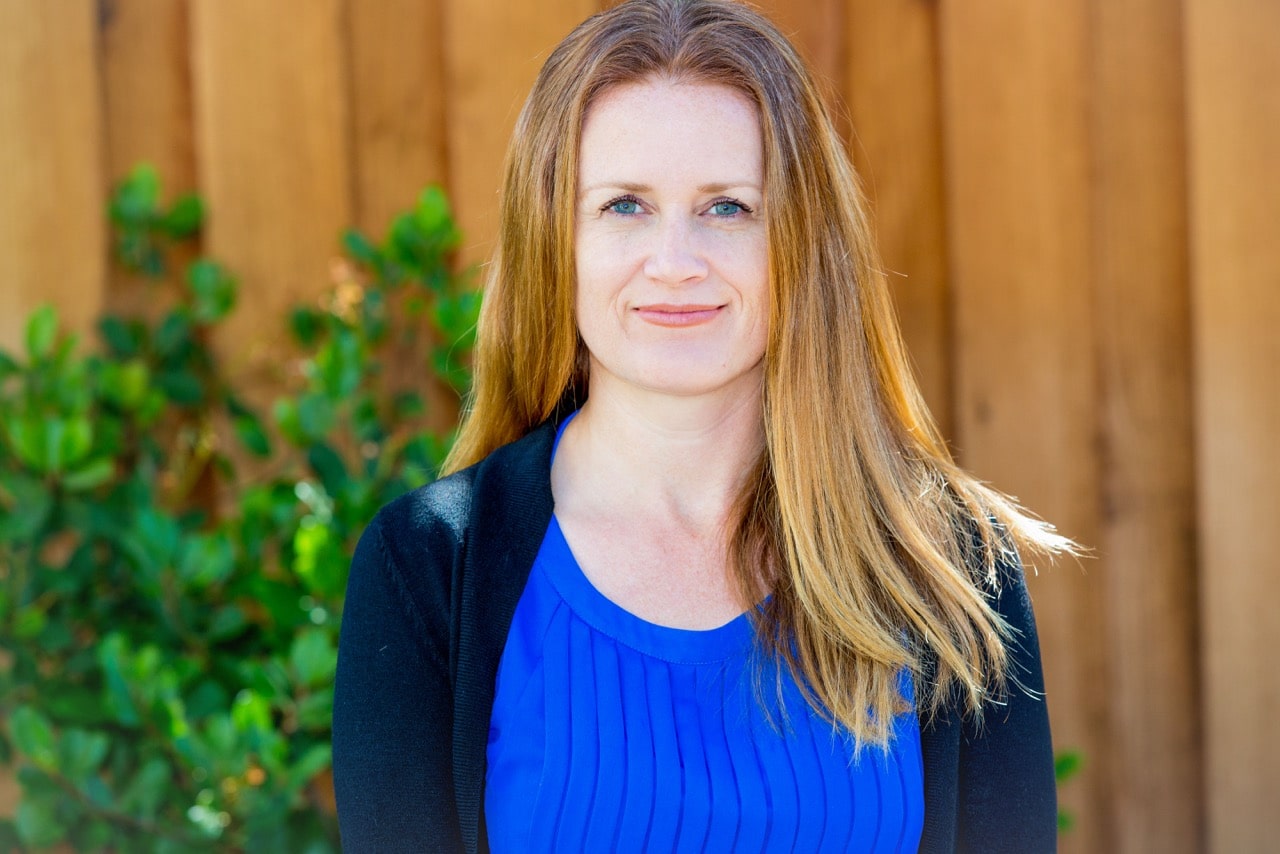
Heather Jeffcoat, DPT
Visit types: Office/Hospital;At home;Virtual
Spoken languages: English (DPT staff in my office do speak Spanish as well)
Interpreting services for other languages: N/A
What you should know about me:
I believe in providing customized treatment plans that addresses their chronic pain and dysfunction from head to toe. Patients are seen both pre- and post-endometriosis excision surgery. I am not treating ‘pelvic pain’, rather I am treating an entire person with chronic overlapping pain conditions that all must be addressed in order to reduce their pelvic pain. I incorporate manual therapy, visceral mobilization, pelvic floor muscle release techniques, corrective exercises, photobiomodulation alongside compassionate 1:1 care for 1-2 hour sessions.
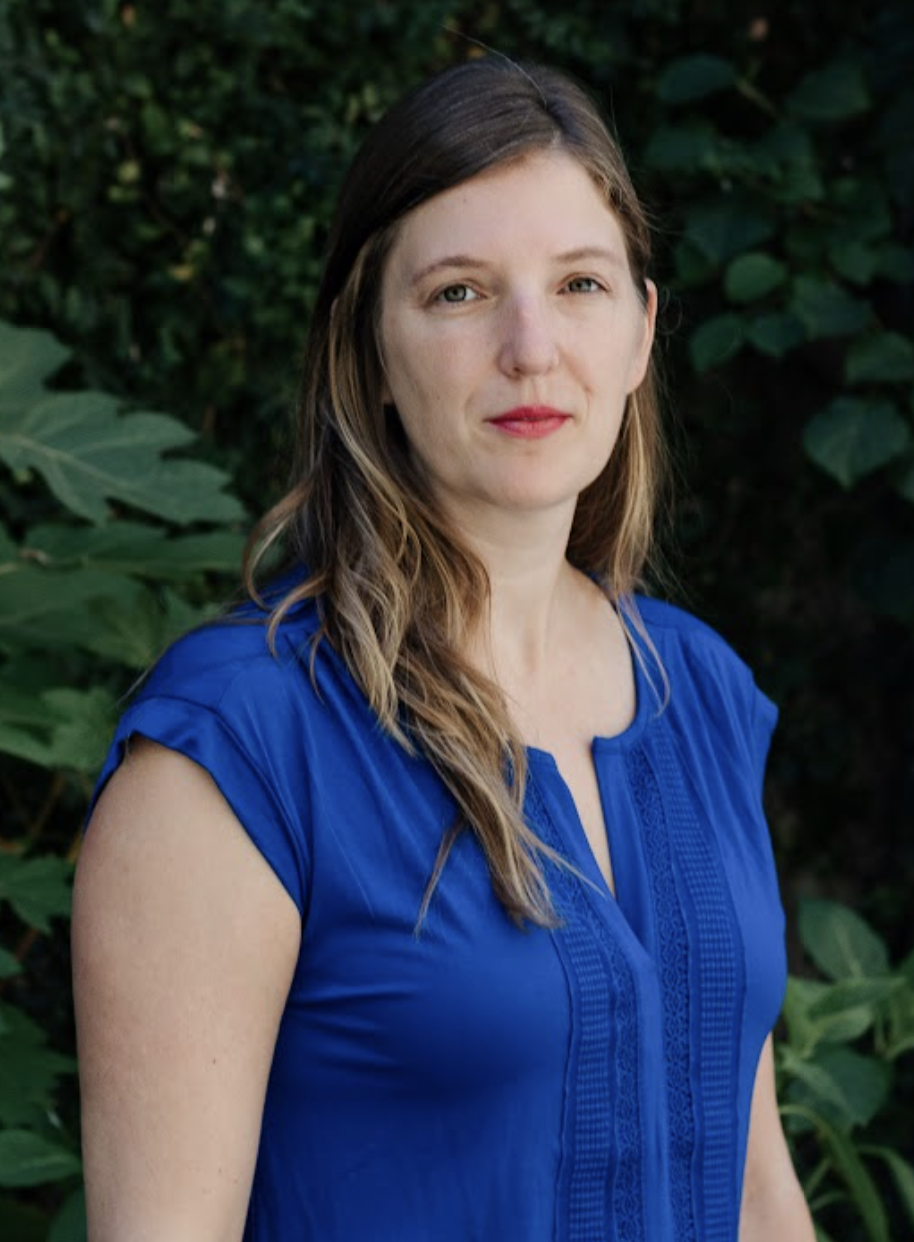
Anina Imhof, PT, DPT, PRPC
Visit types: Office/Hospital
Spoken languages: English, German
Interpreting services for other languages: No
What you should know about me:
Compassionate trauma-informed care, inclusive of all genders and sexual preferences. High emphasis on education about the condition, treatment options, and physical therapy goals/expectations. Nutrition and lifestyle recommendations, Resources like books, and self-care tools. Manual therapy includes myofascial decompression/release, visceral mobilization, postural and movement pattern training, yoga and pilates-based therapeutic exercise, breathing, and mindfulness-based practices.

